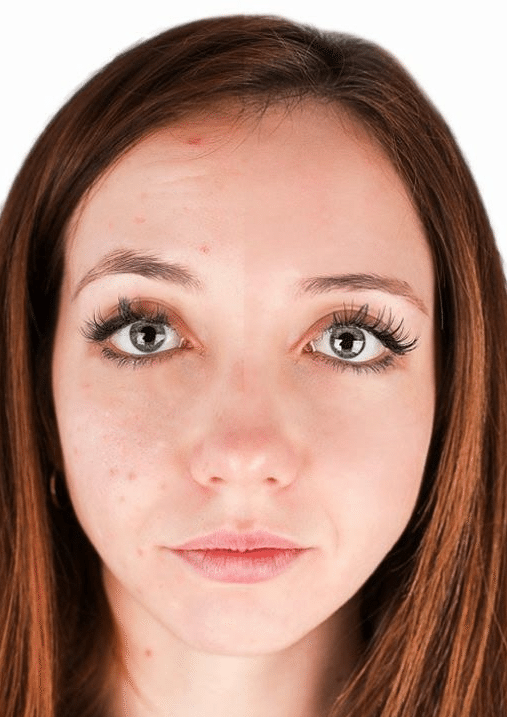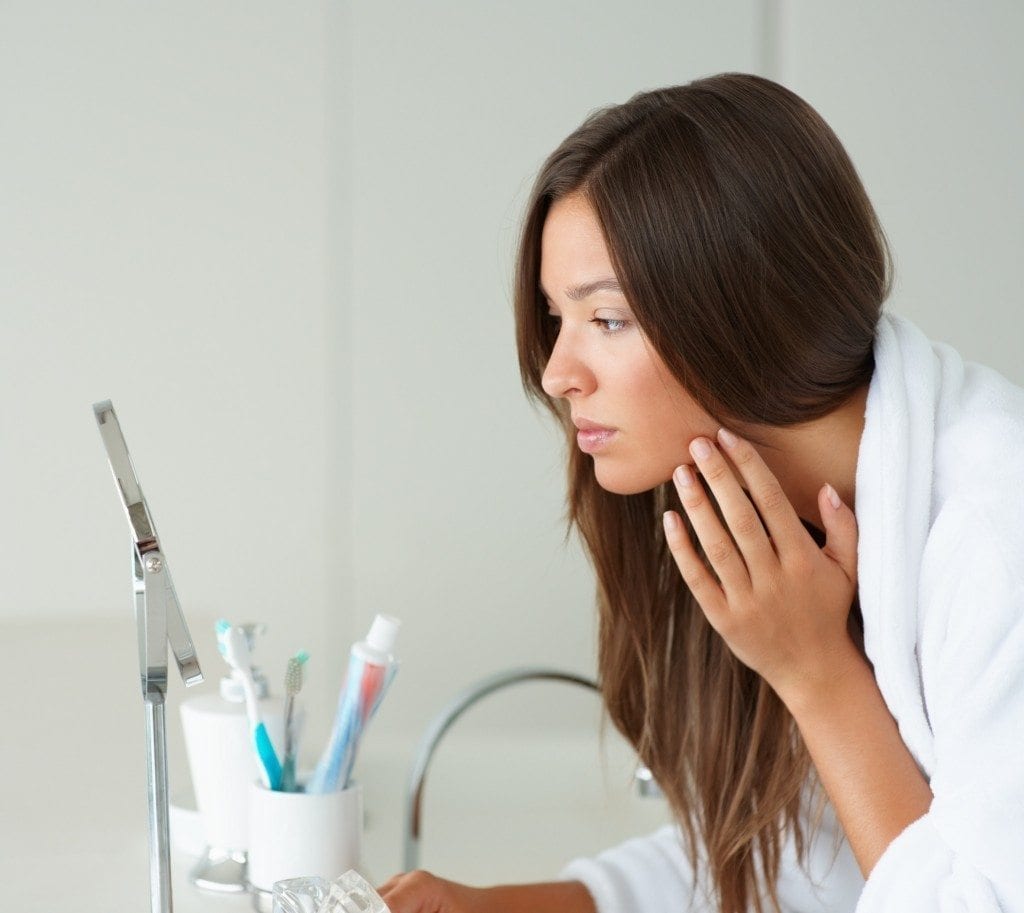Our friends at Mom.me recently sat down with Dr. Goldfaden to get the inside scoop on proper products for your skin type. Not all products are for everyone and learning what is best may just save your skin.

Photo via Ultimate Beauty Guide
Oily Skin
The good news : Oily skin tends to show age and wrinkles less and later than dry or delicate skin.
What to use : Choose a cleanser that doesn’t dry the skin out thus producing more oil. Look for gel based cleansers that utilize fruit based enzymes, like grapefruit . Exfoliation whether chemical(with acids) or physical (scrubs) can be particularly beneficial in regulating oil. Cleansers with salicylic acid are also very beneficial.
Acne Scars
The good news : Microdermabrasion treatments are very beneficial for smoothing out acne scars as well as some types of lasers.
What to use : Our Doctors Scrub Advanced is the perfect treatment for this as it can be used at home and more frequently than an in-office Microdermabrasion treatment.
Adult Acne
The good news : There are many natural ways to treat. This can be caused by stress, hormonal changes due to birth control pills, having babies and menopause. If the onset of adult acne is stress induced, look at ways to lower the stress level in your life. Stress shows on the face in more ways than just adult acne(it also causes wrinkles). Exercising and sweating can help as they help get circulation and blood flow going.
What to use: If the acne is hormonal try adjusting your daily skincare regimen. Try not to aggregate already angry, inflamed and irritated skin. Wash with cool water instead of hot as hot water causes redness and blood vessels to open and inflammation. Switch to more natural types of products as many ingredients such as silicones and mineral oil clog pores. Do not pick-ever! Find a serum that contains ingredients that help to sooth skin and reduce redness and inflammation. Ingredients to look for are Red Tea or arnica. Our Radical Difference was created for these complaints.
Dehydrated/Dry/Flaky Skin
The good news : You may just be over doing on your skin. Ease up on exfoliation, peels and wipes. Take a break from your cleanser and look for one that is milky or oil based but formulated without harsh ingredients that can strip skin.
What to use : Two gentle cleansers to look at are REN Rosa Centifolia No.1 Purity Cleansing Balm or Tatcha Camelia Cleansing Oil. Choose a hydrating moisturizer that contains coconut oil or avocado oil along with Hyaluronic acid. Facial oils that utilize Baobab oil and Kalahari oil, which contain Omegas, are also beneficial for very dry skin.
Rosacea
The good news : You may not need prescription medication. While there are numerous types of prescription medications a Dermatologist can prescribe depending on the severity of the Rosacea, you may not actually need them. You could try IPL (intense pulsed light) , which has a high success rate and also keeps the complexion clear and smooth.
What to try: A more natural approach would be to look at lifestyle triggers and then avoid or eliminate them from diet and everyday life. Triggers can be alcohol, spicy foods, caffeine, strenuous exercise, extreme heat(hot yoga), stress, too much sun, and some medications like steroid hormones. An anti inflammatory diet can help keep Rosacea at bay and also ingesting anti inflammatory tea and herbs such as Rooibos(Red Tea), tumeric and ginger.

